#Les Enfants du Paradis
Text
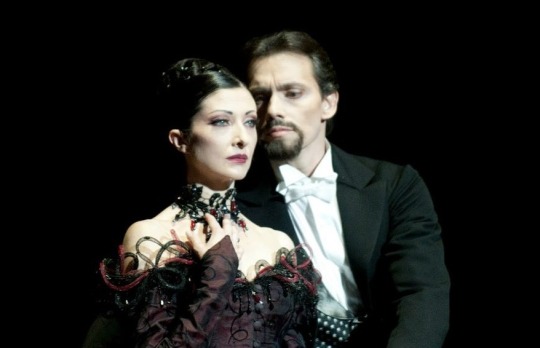



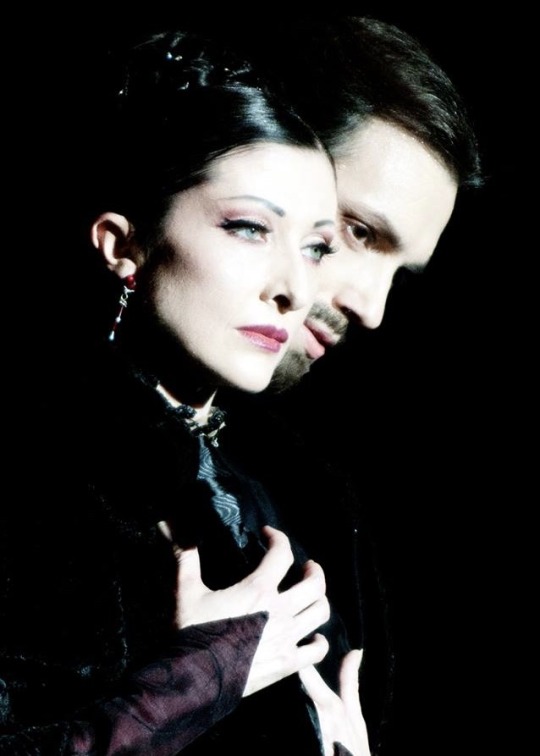

Isabelle Ciaravola and Christophe Duquenne in Les Enfants du Paradis, 2008. Photographed by Michel Lidvac.
#isabelle ciaravola#christophe duquenne#les enfants du paradis#michel lidvac#fave pics#she’s so pretty i want to draw her#i get sailor moon black lady vibes. bc the whole costume looks like something naoko would cop for a villain#ballet costumes#fave fashion
153 notes
·
View notes
Photo
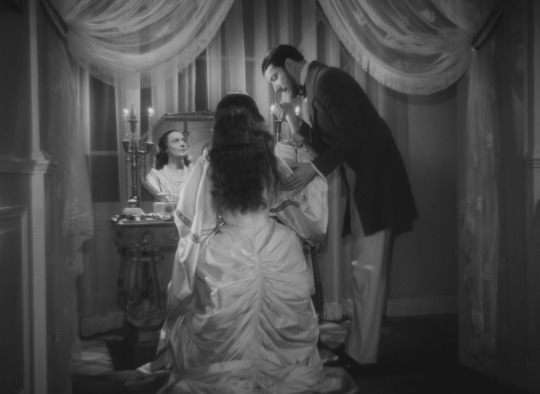
Children of Paradise (1945) dir. Marcel Carné
48 notes
·
View notes
Text

Les Enfants du Paradis, 1945.
2 notes
·
View notes
Text
The end of Les Enfants du Paradis (ballet) when her former suitors help sneak Garance to Baptiste - despite the fact they all loved her too - is just so heart wrenching and beautiful. They both cared about her, but they both knew she wanted to see and be with Baptiste and T_T beautiful
4 notes
·
View notes
Photo

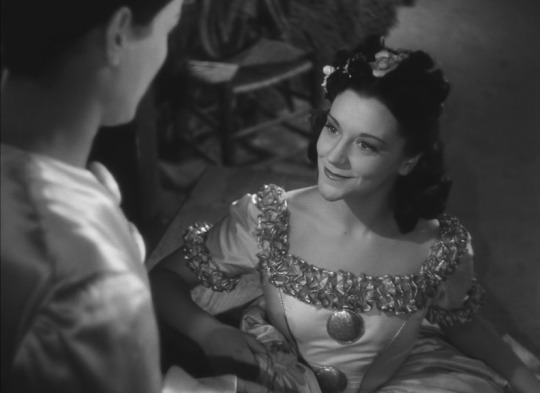



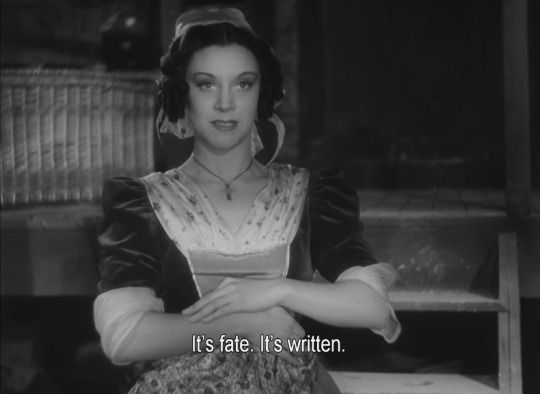
Les Enfants du paradis, 1945, Marcel Carné
9 notes
·
View notes
Text






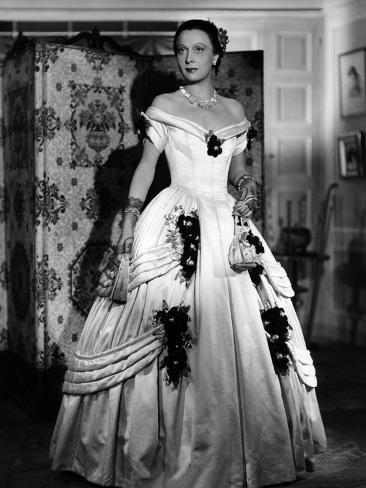


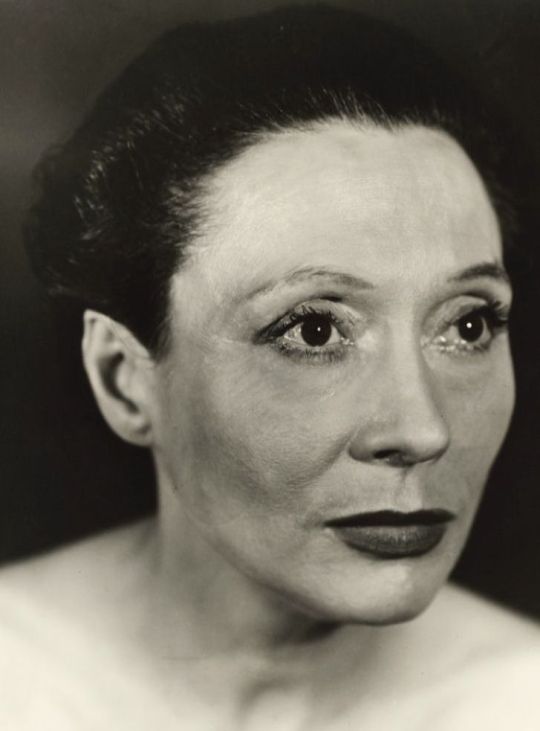
ARLETTY 1898 - 1992
13 notes
·
View notes
Text

3 notes
·
View notes
Text
“Les rêves, la vie, c'est pareil ou ça vaut pas la peine de vivre.”
Children of Paradise (1945) ‘Les Enfants du Paradis’.
Directed by Marcel Carné.

Jean-Louis Barrault
3 notes
·
View notes
Photo
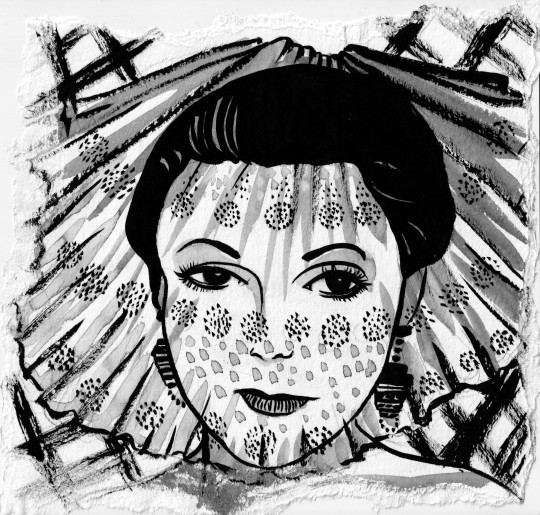
Arletty in Children of Paradise (another gift)
4 notes
·
View notes
Photo

Paris (2021)
1 note
·
View note
Photo

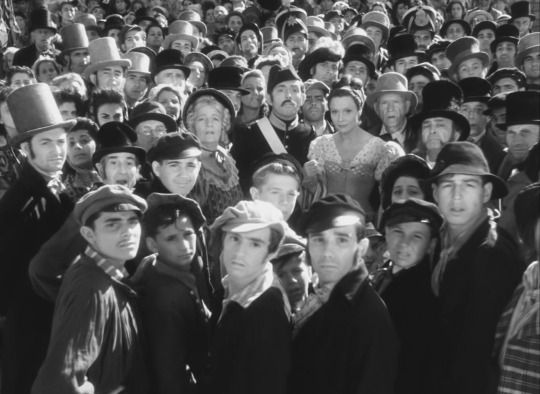

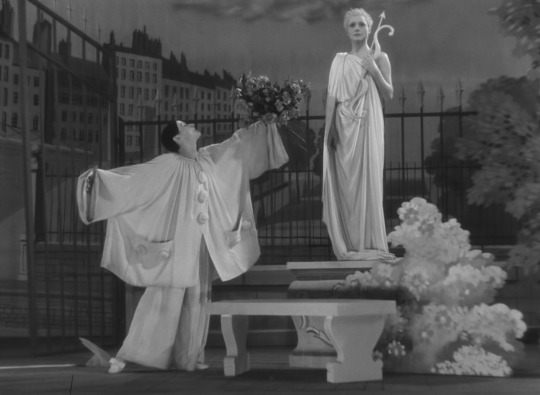

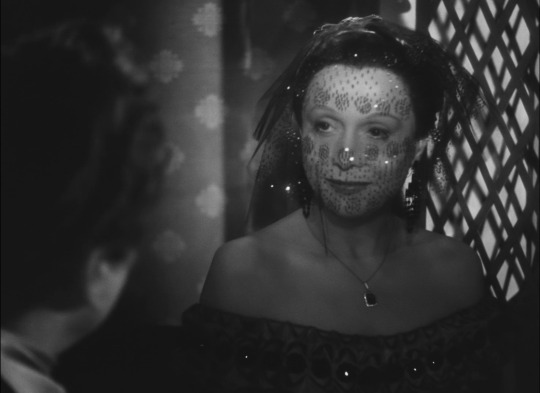




Children of Paradise (1945) dir. Marcel Carné
22 notes
·
View notes
Text
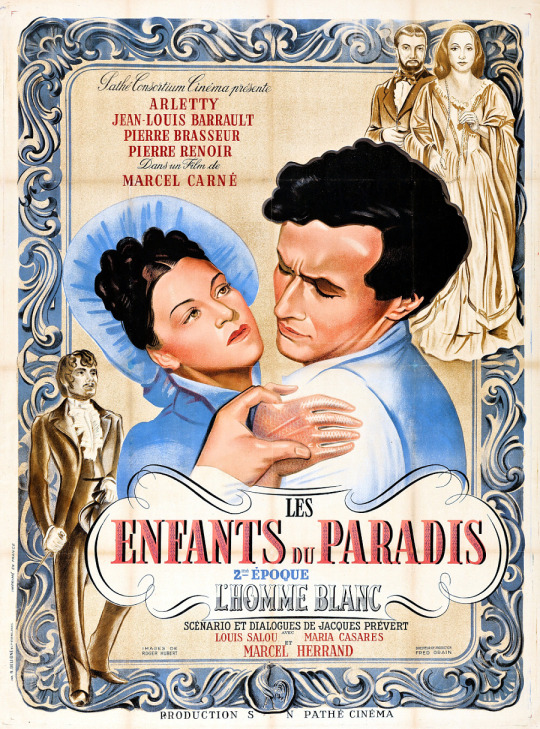
Les Enfants du Paradis, 1945.
2 notes
·
View notes
Text
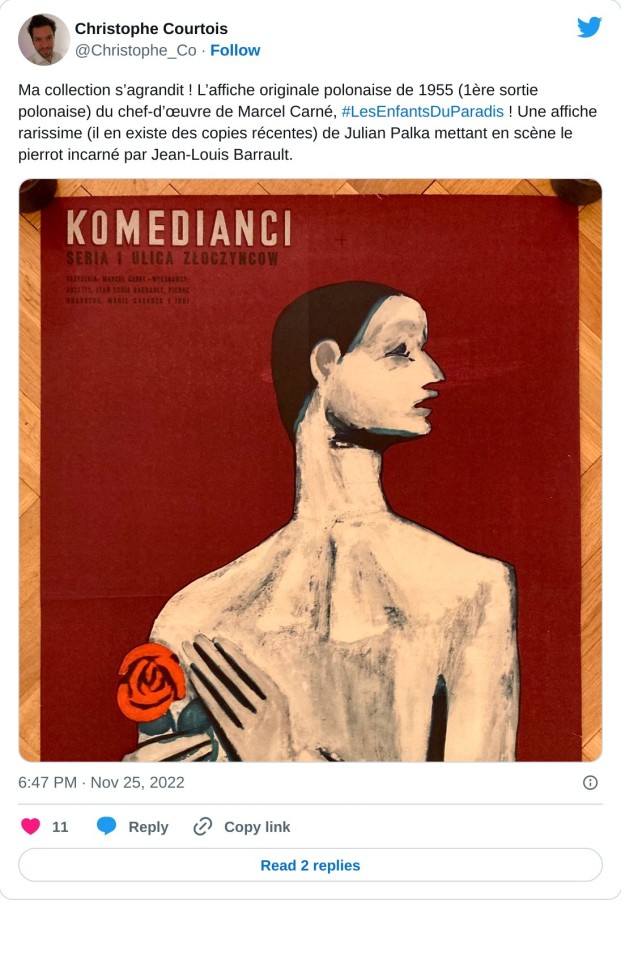
The original 1955 Polish poster (1st Polish release) of Marcel Carné's masterpiece, Les Enfants Du Paradis
0 notes
Text
Les Enfants du Paradis (Children of Paradise) (1945)
Four theatre men fall in love with the same woman.
The narrative deepens itself by relating to other art forms such as Shakespeare, the parallels to Othello are less than subtle but don’t adhere too closely as to be adaptation. There are also many quoted phrases throughout to elevate conversations from banal to scholarly and some of the characters get somewhat complex in their past and motivations.
Many such films deal with controversial portrayals of relationships and many of the ones depicted here appear shallow and mainly for staged turmoil, as with some real unhealthy relationships to be fair. The narrative focus drifts between the ensemble but also through genres, never settling for drama, tragedy, or comedy. The inter-titles include an unfortunate derogatory description of women needing to be “conquered” and it could have done without the blackface.
An amusing feature that elevated it just slightly was the curtain dropping down half way and at the end in a metaphysical way, addressing the theatrical set-up of the film. The scale was impressive, especially considering the political climate it was produced in and some of the logistical elements behind the scenes are interesting to read like one pro-Nazi actor dropping out after D-Day and two Jewish writers having to submit work for it by proxy.
Some scenes work a lot better than others like the stylised conflicts, however others were unusual but oddly entertaining such as the mime scenes, and others were more irritating than anything else like the crowds cheering for plays that were tedious at best. The ending leaves the movie feeling purposeless since little or nothing is really resolved and it didn’t help French stereotypes for promiscuity in the least.
3/10 -This one’s bad but there’s some good in it, just there-
-Funding for the project was almost dropped when the Italian co-producers left the project due to Italy falling to the Nazis.
-The film avoided the Nazi ban on films over 90 minutes by dividing it into two parts.
-The theatre name, Funambules, translates to “Tightrope” in English.
#Film#Review#Children of Paradise#Les Enfants du Paradis#1945#French#World Cinema#William Shakespeare#JasonSutekh
0 notes
Photo

At the Funambules by L. Lapeyre
4 notes
·
View notes
